President Erdoğan has made significant shifts in Turkish politics over his more than two decades in power, transitioning Turkey from a parliamentary democracy to an executive presidency all while consolidating control over key institutions. Here are some of the most critical changes and how he did it.
In 2017, Erdoğan pushed for a constitutional referendum that replaced Türkiye’s parliamentary system with an executive presidency. This shift gave him sweeping powers, eliminating the prime minister role and allowing him to rule by decree. The move centralized decision making and weakened checks and balances, fundamentally altering Türkiye’s governance structure.
Under Erdoğan, the judiciary has become increasingly politicized. He has used the courts to jail opposition figures, journalists, and activists, making legal action a tool for silencing dissent. The 2016 failed coup attempt gave him an excuse to purge thousands of judges and prosecutors, replacing them with pro-government loyalists.
Crushing Press Freedom & Online Dissent
Türkiye has become one of the world’s biggest jailers of journalists. Major media outlets have been bought by pro-Erdoğan business figures, turning state TV and newspapers into government propaganda tools. Social media laws allow the government to censor content and prosecute critics online.
Erdoğan has shifted Türkiye’s economy towards centralized decision-making, often overruling economic experts. His insistence on low interest rates, despite high inflation, has caused severe economic crises, leading to currency devaluation and skyrocketing costs of living. He has increased state control over the Central Bank, firing governors who opposed his policies.
So as to garner conservative support he has eroded Türkiye’s secular foundations (Atatürk), increasing Islamic influence in public life. He converted Hagia Sophia back into a mosque, a symbolic move to rally his conservative base. Religious schools and pro-Islamic policies have also expanded under his leadership.
He has positioned Türkiye as a regional power, often acting independently of NATO allies. He has intervened in Syria, Libya, and the South Caucasus, using military operations to assert Türkiye’s influence. His balancing act between Russia, the U.S., and the EU has frustrated Western allies while strengthening Turkey’s leverage.
Electoral Manipulation & Political Repression
Erdoğan has weaponised the electoral system, with allegations of fraud and suppression in recent elections. He uses the Supreme Electoral Council (YSK) to challenge opposition victories, as seen in Ekrem İmamoğlu’s 2019 Istanbul win (which was later overturned but backfired on Erdoğan). Kurdish politicians and opposition leaders have been jailed or barred from running in elections.
Erdoğan’s alliance with the Nationalist Movement Party (MHP) has pushed him towards ultranationalist rhetoric and policies. He has taken a harder stance on Kurdish issues, cracking down on Kurdish political movements and increasing military operations against the PKK. Nationalism has been used as a tool to maintain his voter base, especially when facing political crises.
The Erdoğan Era: Power at Any Cost
Erdoğan has transformed Türkiye from a secular democracy with a parliamentary system into an authoritarian presidential regime with weakened institutions, politicized judiciary, and suppressed opposition. While his populist and nationalist policies have secured loyal support, growing economic instability, political crackdowns, and international isolation have made his rule more fragile than ever. Therefore the question has to be … can he hold on?
